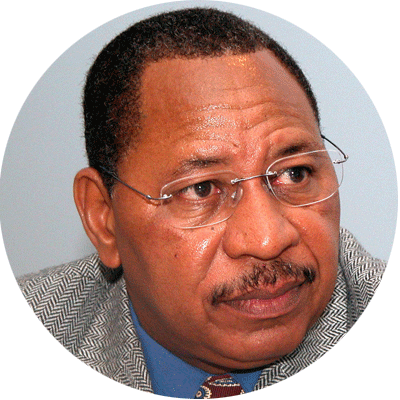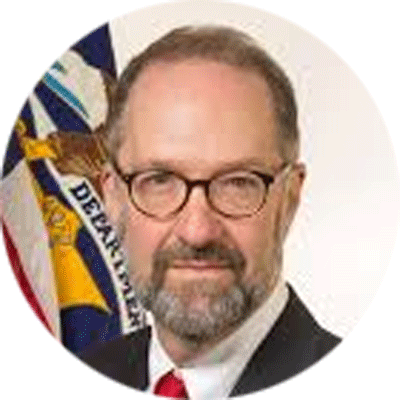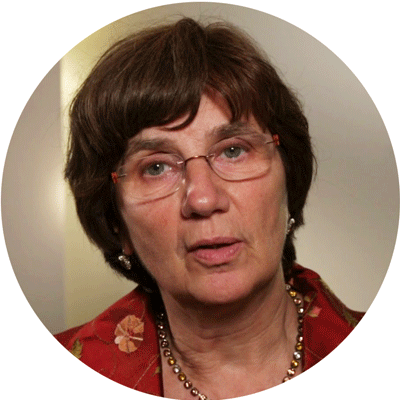Global Dialogue on the Future of Work We Want – Session 3
Discussion on the organization of work and production
In an increasingly globalized economy, technological advancement and competitiveness are stimulating rapid evolution in the organization of work and production. This session examines changes in the way businesses work, including the implications for our current understanding of what it means to be an employer and an employee.
These developments are reflected in the increase in “non-standard” forms of work, which include self-employment in industrialized economies and vulnerable and/or informal employment in many emerging and developing economies. Furthermore, information technology including the digital economy has led to the emergence of new forms of production and employment, including the ‘gig economy’ and crowdsourcing, as well as forms of telecommuting that include crowd-work, casual work and ICT-based mobile work. While these trends can lead to more efficiency for business and flexibility for workers, they also generate new and different forms of precarious work and have profound consequences for policies and institutions designed to promote social justice and social protection systems. Increased insecurity may also cause political instability as electorates opt for volatile changes that may then entail additional business and employment uncertainties. This session examines changes in the way of businesses work, including the implications for our current understanding of what it means to be an employer and an employee.





